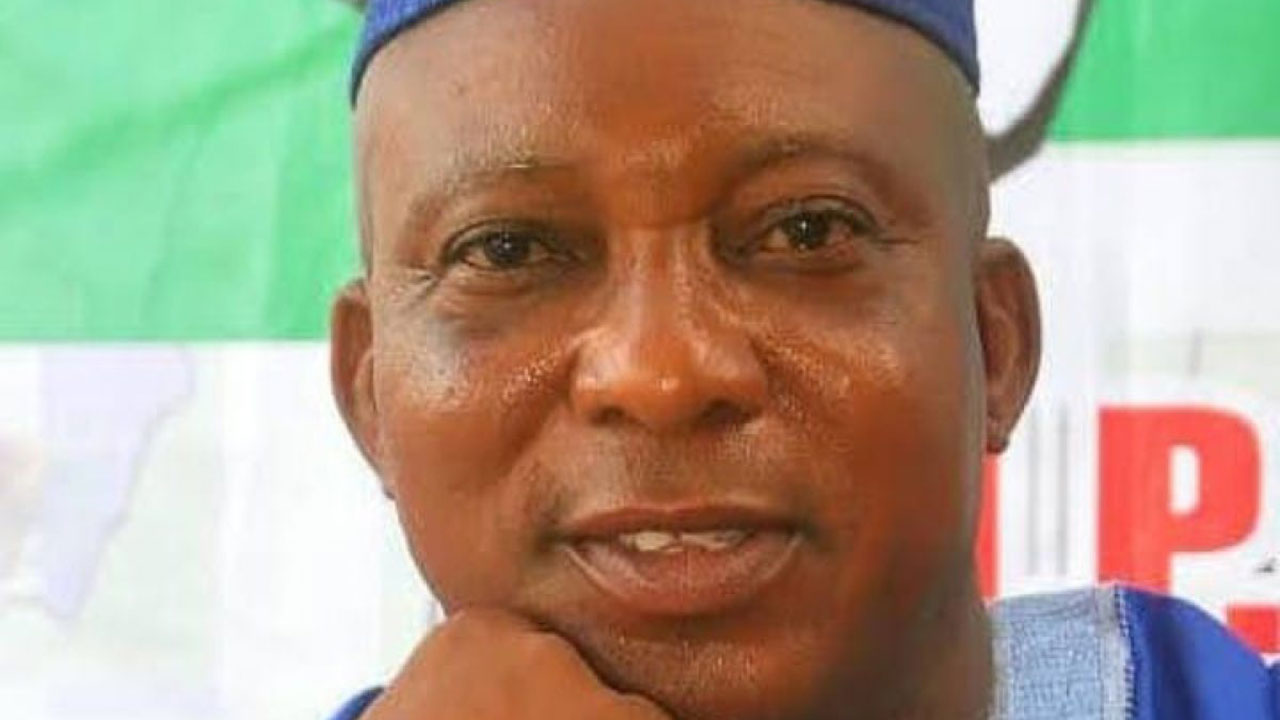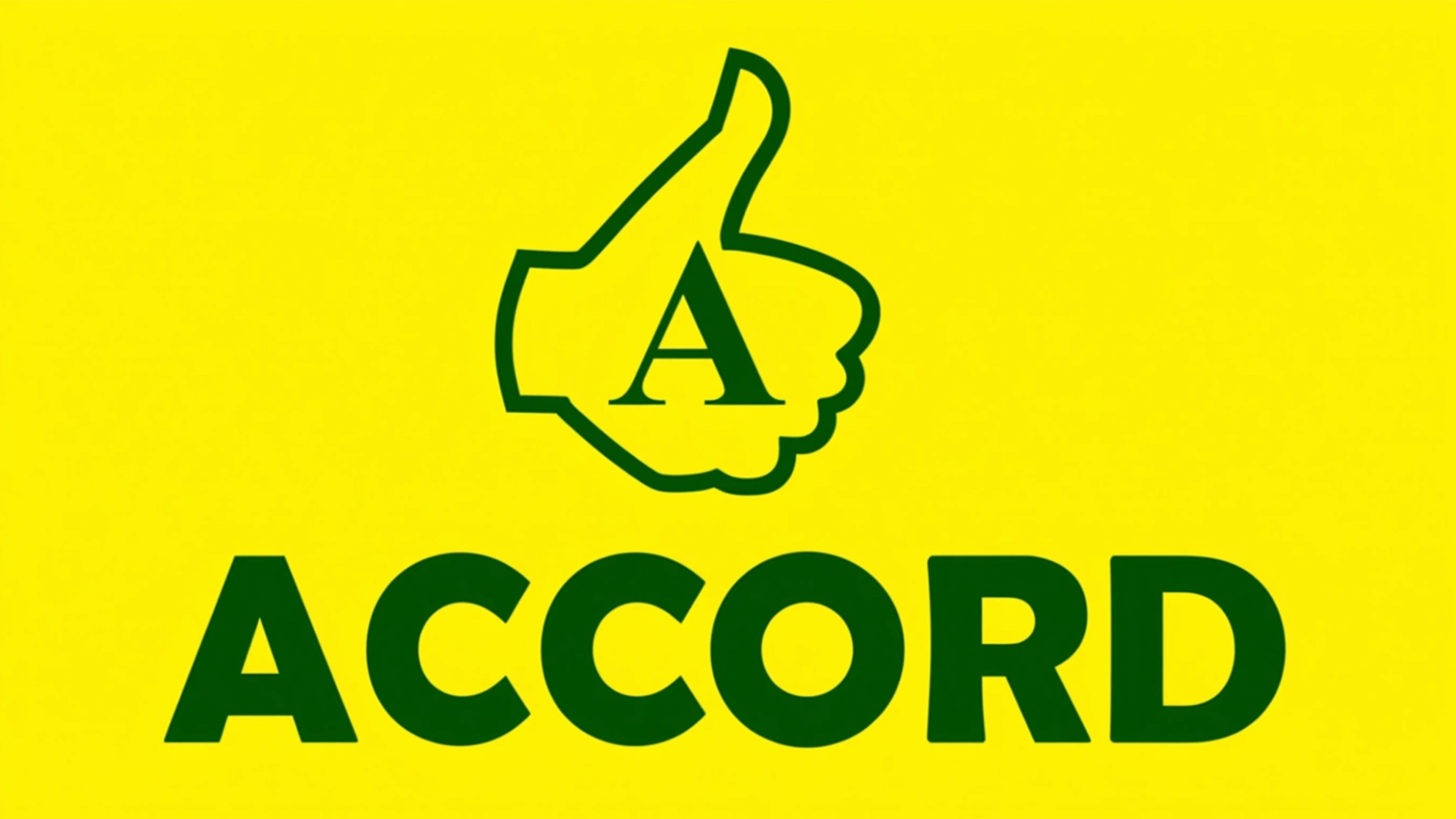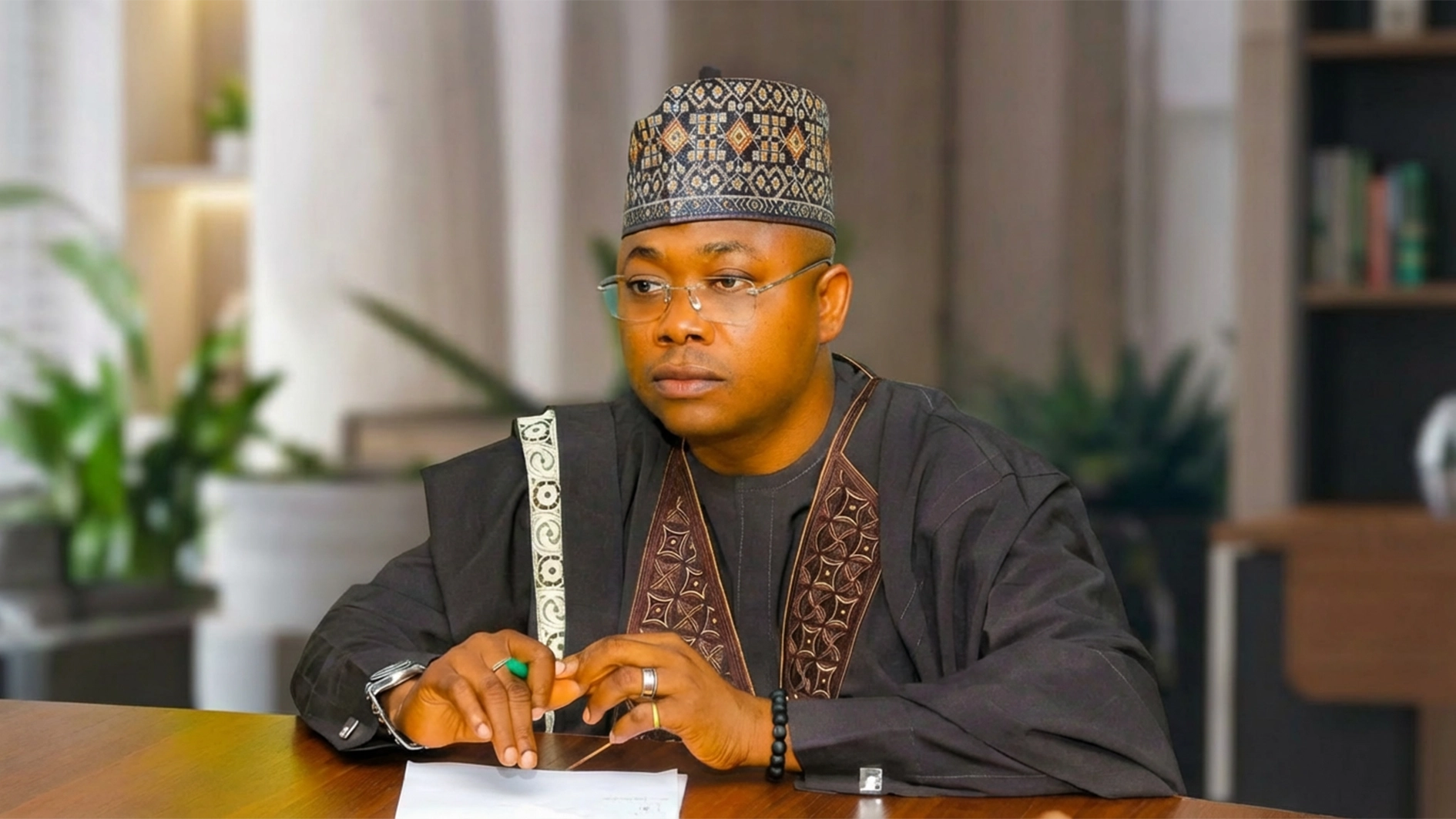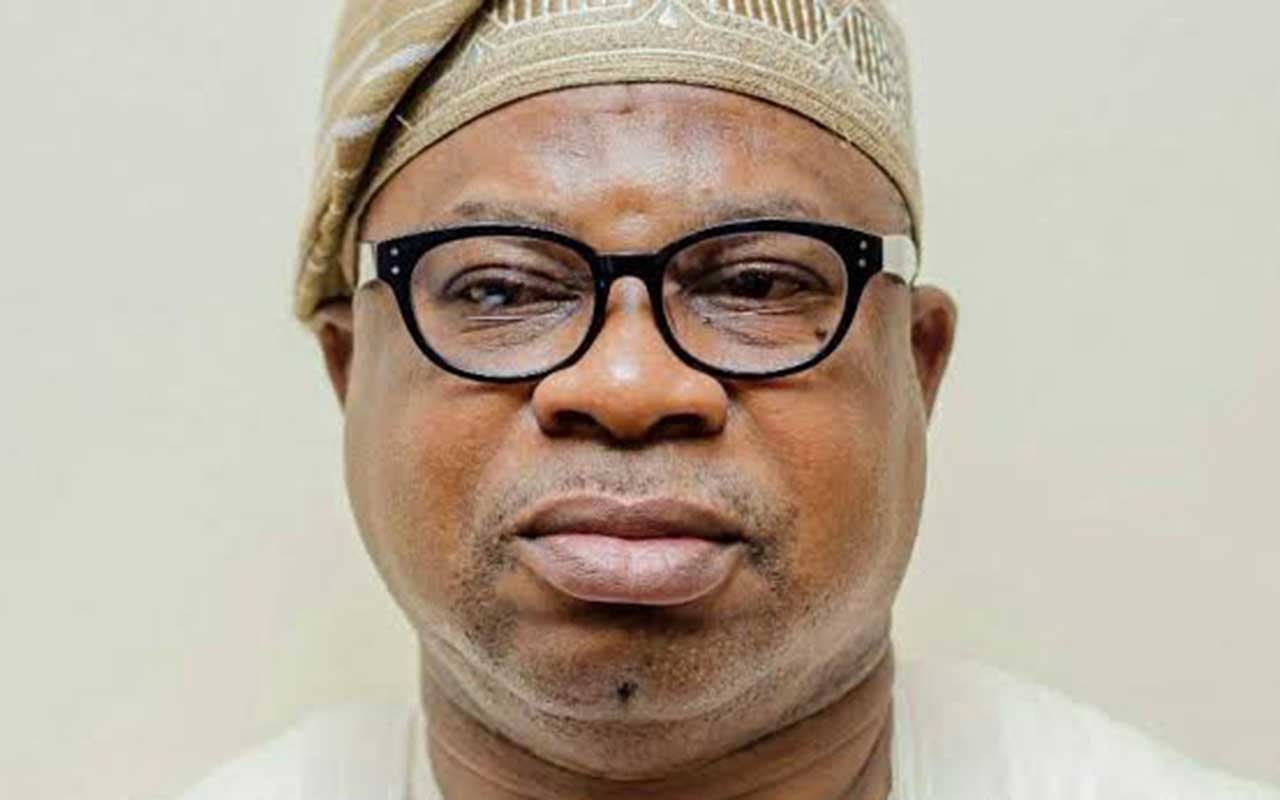
The gale of sanctions on alleged errant members and chieftains of New Nigeria Peoples Party (NNPP) is gradually drifting the party to oblivion, MURTALA ADEWALE reports.
The internal crisis rocking New Nigeria Peoples Party (NNPP) is far from over with expulsions and counter expulsion of party executives stoking the fire.
Members of National Executive Committee (NEC) of the party had expelled the standard bearer at the last Presidential election, Senator Rabiu Kwankwaso, for allegedly refusing to appear before the party’s disciplinary committee to clear himself from sundry allegations bordering on anti-party activities and gross mismanagement of party resources.
However, his expulsion was in defiance of the decision of the National Working Committee (NWC) of the party, which had earlier suspended NEC members for their alleged role in the party’s dismal performance at the last general elections.
The NEC, which comprises 36 states chairmen of the party, insisted that Kwankwaso’s failure to honour the committee’s invitation on August 29, 2023 to clarify allegations leveled against him necessitated his expulsion from the party.
In a statement issued by the Acting National Publicity Secretary of the party, Abdulsalam Abdulrasaq, “NEC met in an emergency session on Friday, September 1, and resolved as follows, that following the refusal of Senator Rabiu Musa Kwankwaso to appear before the disciplinary committee, which sat on August 31 after being duly invited in writing, he is hereby expelled from NNPP with immediate effect.
“That Kwankwaso should report to appropriate quarters to answer questions on financial impropriety relating to mismanagement of public funds.”
But in a counter to the decision of the NEC, the NWC of the party dismissed the sanction on the presidential candidate of the party, noting that those who expelled Kwankwaso did not have the constitutional backing to carry out such an exercise.
The Chairman of the disciplinary committee set up by the party, Ladipo Johnson, said the personalities behind the action against Kwankwaso were detractors sponsored by external forces.
He said: “We know their limitations according to the NNPP constitution, Electoral Act, Independent National Electoral Commission (INEC) guidelines, and the 1999 Constitution of the Federal Republic of Nigeria as amended. But since their mission, in collaboration with our detractors from outside the party, is to create confusion and distraction, the party, as a law-abiding organisation that believes in the rule of law, decided to approach the courts to put a stop to their evil machinations of disrupting our programmes for subsequent elections.
“To this end, the NNPP, as a party, approached the court to help restore sanity in the polity. It is an open secret that these former members are not backed by law in all they are doing. The arrowheads have ceased to be members of the party by virtue of their suspension/expulsion.”
Trouble started when the forum of NNPP chairmen accused Kwankwaso of using the party platform to negotiate ministerial appointments from President Bola Tinubu shortly after the election. The forum, under the leadership of Sunday Oginni, demanded an open explanation from Kwankwaso over his political romance with President Tinubu.
Dissatisfied with how Kwankwaso ignored them, Oginni insisted that Kwankwaso had violated the constitution of the party and as such had resigned from the party to enable him to properly settle his political ambition with Tinubu.
Besides, Oginni also accused Kwankwaso of collaborating with some NWC members to amend the constitution of the party to help in their attempt to hijack the party’s structure.
He said: “It’s on record that neither Senator Kwankwaso nor any of his cohorts at the NWC committed a dime to the building of structures of the party they are not ashamed to demolish within a twinkle of an eye. The illegality of the arbitrary sacking of democratically elected officers of the party by Senator Kwankwaso’s NWC acting like a garrison commander is a heinous crime against democracy and humanity.
“This is New Nigeria. Thus illegality and brazen murder of democracy shall not exist. The hidden truth is revealing Senator Kwankwaso is the one behind all these unconstitutional actions of the NWC. We are using this opportunity to appeal to Nigerians to be patient and prayerful for the emergence of the new Nigeria of our collective dreams.”
Before the Oginni-led NEC called for Kwankwaso’s resignation, the NWC of the party had sacked seven states executives in Ekiti, Enugu, Niger, Kaduna, Katsina, Rivers and Zamfara from state and local to the ward levels for working against the party during the general elections.
However, the secretary of the Board of Trustee (BoT) of the party, Babayo Muhammad Abdullahi, has faulted NWC members for suspending the state executives, wondering why Kwankwaso should be excused from the disciplinary action for his consistent meeting with President Tinubu.
According to Abdullahi, the dissolution of the state executives was an irregularity contravening the party’s constitution and the Electoral Act 2022. He argued that the real anti-party activity emanated from Kwankwaso, who was fraternising with candidates of other political parties in his desperate attempt to curry favour.
He said: “We wonder why a disciplinary committee would sit without showing those accused of anti-party activities a copy of the petition against them. How can the committee come to a conclusion without revealing the petitioners and their status in the party?
“Article 39 Subsection 6 of NNPP constitution states: ‘Where it is proposed to expel a member of the executive committee from the party, such a proposal shall be submitted to NEC. Where then did NWC derive its power to unilaterally expel the chairman of Ogun State, Oginni Sunday? Isn’t this a gross violation of Article 39(6) of the NNPP constitution? Any act that violates the Constitution is, to the extent of its inconsistency, null and void.”
Prior to the presidential inauguration, Tinubu held a closed-door meeting with Kwankwaso along with other prominent members of NNPP in Paris, the capital city of France. Though the thrust of the meeting was not made public, many said the meeting was part of a strategic move by Tinubu to woo Kwankwaso back to APC.
Those familiar with the outcome of the meeting disclosed that Kwankwaso, who was on the invitation of the then president-elect had a wide range of issues and matters centre on political bargaining, top most significantly among, prevailing on Kwankwaso and former Rivers State Governor Nyesome Wike to be in the cabinet.

A source also disclosed that the meeting also centred on how to resolve the impasse between Kwankwaso and his arch-political rival Abdullahi Ganduje.
While the dust raised from several quarters over the Paris meeting has not been settled, President Tinubu invited Kwankwaso again to Aso Rock, two weeks after the inauguration, invariably to cement the new political bond initiated by the president.
Although Kwankwaso expressed willingness to join Tinubu’s cabinet, it is still a surprise to his supporters why he did not make the final list.
However, before the raging rancour got worsened, the NWC of the party had embarked on a clinical evaluation of its poor outing in the last general election and allegations of anti-party activities by some leaders of the party in some states. At the end of the exercise, two state chairmen of the party were expelled while the leadership of the party in seven states was dissolved.
A former caretaker chairman of NNPP in Osun State, Abdulsalam Abdullateef, described Kwankwaso’s expulsion “as a dramatic display by some disgruntled element in the party,” noting that the suspended NEC members were simply reacting to the sanction meted on them by the NWC for their act of indiscipline during the general elections.
Former Special Adviser to Kwankwaso on Inter-ethnic Affairs in Kano State argued that taking those claiming to have expelled Kwankwaso from NNPP seriously might amount to living in denial of the strength of Kwankwaso in Nigerian politics. Abdulsalam wondered where those claiming ownership of the party were when it was not recognised over the years until when Kwankwaso brought it to the limelight.
“What actually led to the crisis started immediately after the 2023 election. NNPP, like other parties, went into self-assessment of what transpired during the election and the exercise was to evaluate ourselves to know where we got it wrong. In that process, it was discovered that 10 state chairmen actually engaged in anti-party politics by openly declaring their support for the ruling party. The party received several petitions and complaints to that effect.
“The NWC, thereafter, invited those accused to defend themselves. In the process, some honoured the invitation while others did not. But the NWC through a disciplinary committee expelled two state chairmen and seven state executives suspended, especially those that refused to turn up.”
Abdullateef revealed that it was an attempt by a group of suspended members to divide the party instead of defending themselves through the appropriate party structure that orchestrated the sanction meted on Kwankwaso in Lagos.
On the suspension of the founding father and BoT Chairman, Dr Boniface Aniebonam, Abdullateef explained that he was suspended for taking a unilateral decision without consulting the NWC.
A Professor of Political Science at Bayero University, Kano, Prof Kamilu Sani Fagge, attributed the crisis in NNPP to a lack of internal democracy even as the party refused to learn from the mistakes of other political parties in the past.
Fagge, who alleged possible external influence in the crisis rocking the party, cautioned the leadership of possible disintegration if the impasse was not well managed.
“Regardless of whatever happens at the end of the day, the crisis will do more damage to the party. Another critical matter is that, NNPP has refused to learn from what happens to other parties with similar incidents. For instance, this kind of internal crisis was what led to the downfall of the PDP recently at the national level. Besides this, another dimension to the challenge is that some people are being used to foment trouble in the party.”






